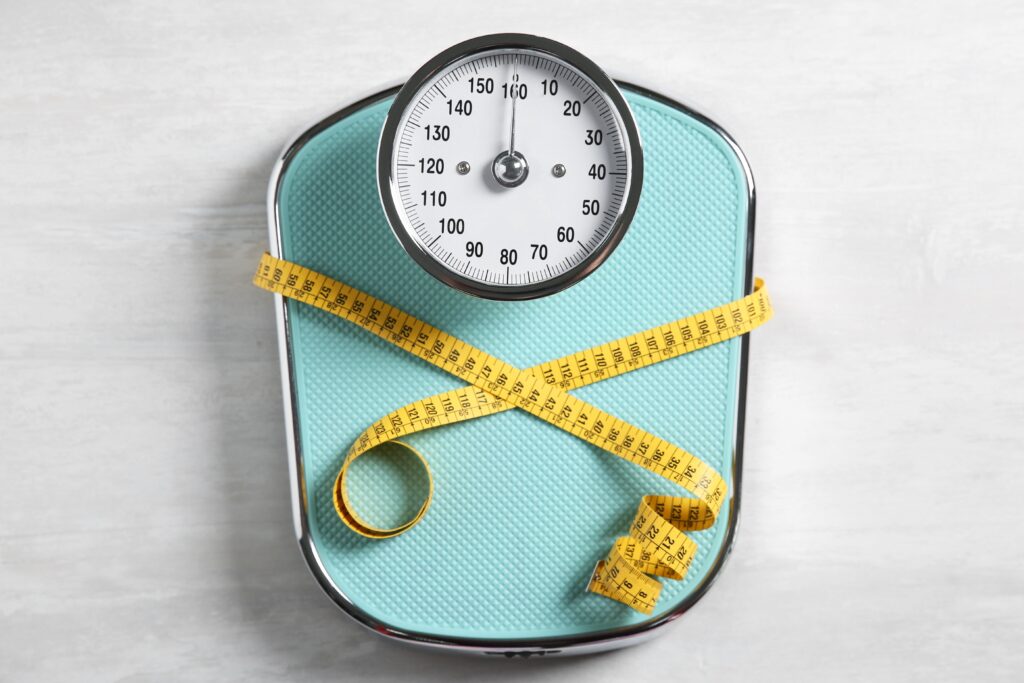It is Chronic kidney disease month, and we need to shed light on how the medications in your kitchen cabinet and how they can impact kidney health. My recommendation is first and foremost know your numbers. Kidney function is monitored by medical professionals in a few different lab tests having an annual lab review and going over with a medical professional can give you more information on how your kidneys are functioning. Also knowing if your medical problems like uncontrolled high blood pressure or Diabetes are causing damage to your kidney function.
Here’s a little background information on what lab values that are looked at to determine your kidney function are: creatinine (Cr), Blood Uria Nitrogen test (BUN) and lastly is the estimated glomerular filtration rate of (eGFR). The lab value that I would like most of my patients to be aware of is the eGFR. This number is telling your medical professional how your kidneys are functioning. In medicine kidney function and chronic kidney disease can be classified partly by the following, keep in mind the following does not encompass all requirements to be classified as kidney disease.
Chronic kidney disease
Stage 1 eGFR > 90
stage 2 eGFR 60-90
Stage 3 eGFR 30-59
Stage 4 eGFR 15-29
Stage 5 eGFR <15
It is important to note that all the lab values are influenced by many factors, this is a small piece of the puzzle. So it is helpful when patients are aware of their last eGFR, it gives the patient an active participant role in their care to preserve kidney function and prevent kidney disease.
Another way to be active in their care is to know that medications taken every day can also have an impact over time on preserving kidney function but when taken incorrectly can also be harmful. It is particularly important that caution is used with medications when a sick day comes along. Some of the concerning medications are Metformin, ACEs (medications names ending in “pril”), ARBs (medication ending in “sartan”), diuretics also called “water pills”, and over the counter non-steroidal anti-inflammatory (NSAIDs) medications. NSAIDs are medications like ibuprofen, aspirin, naproxen, any of those medications can be harmful to your kidney if not taken correctly. Please speak to your medical provider if you are taking any of the following medications and would like to know more about what to do if you get sick.
Are you asking yourself how can you prevent any worsening of kidney disease or prevent a kidney injury? Take a look at how much water your intake. Here at the Institute for Functional Health we recommended half of your body weight in water. Keeping in mind that each person may require more or less water. To help make that goal ask yourself daily “Did I drink all my water today?”
Come visit us so we can discuss how we can be apart of your health care team. Please don’t forget to schedule your annual physical and lab review with one of our providers.












